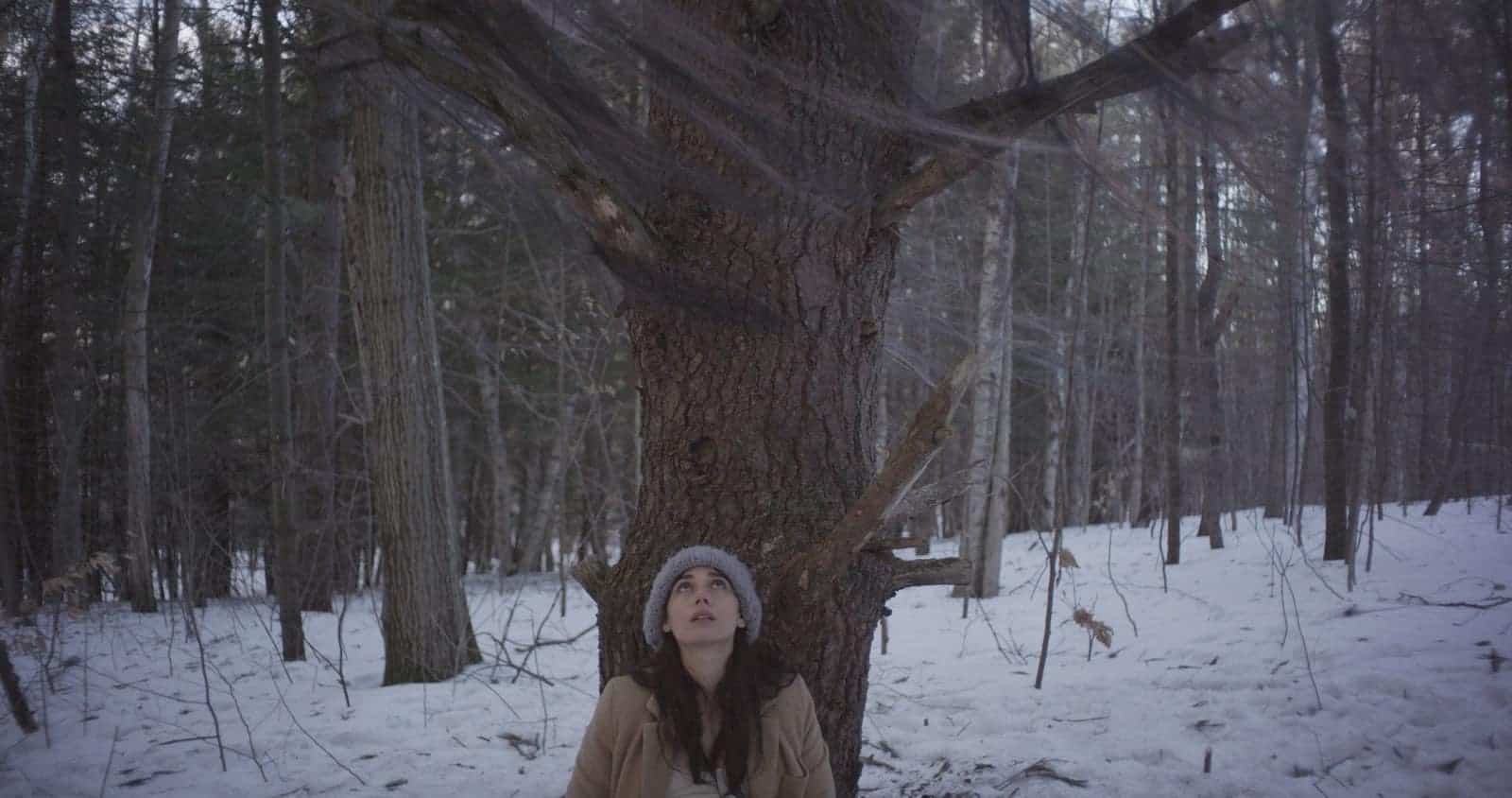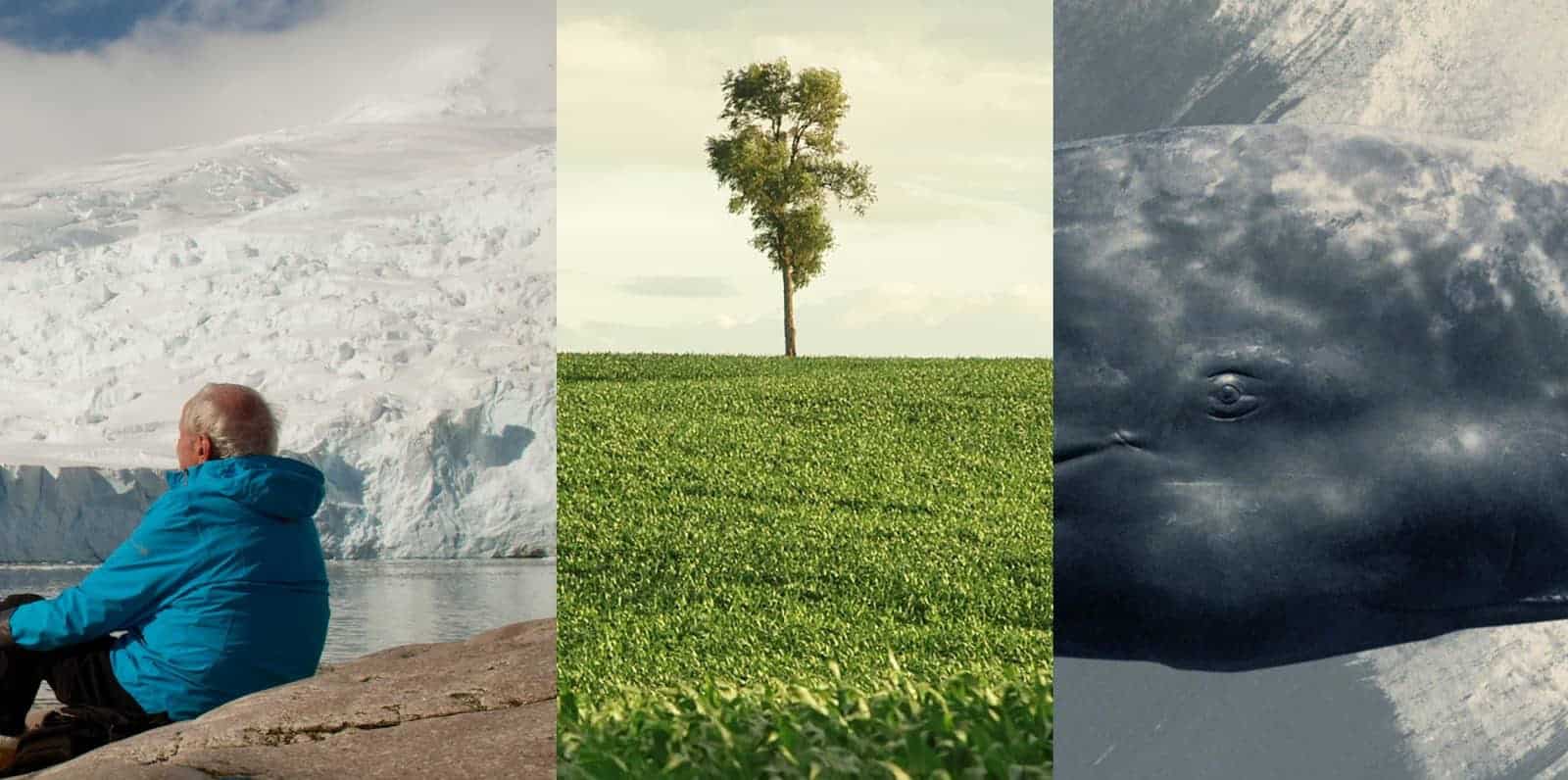To help you narrow down the program to the essentials, here is the Seventh Row’s guide to 10 must-see films at this year’s festival: five documentaries and five narrative films, seven of which are directed by women.
* indicates directed by women
Documentaries to see at the 2016 San Francisco Film Festival (SFIFF)
1. NUTS!* (dir. Penny Lane)

Penny Lane’s second feature (her first was Our Nixon) falls into what she calls creative nonfiction. Told almost entirely through animation, it’s the wild story of a renaissance man who persuaded the nation that he could fix infertility by transplanting goat testicles onto men. It’s one of the best films I’ve seen about the dangers of pseudoscience and the importance of rigorous peer review. It moves at a Xavier Dolan-esque 400 km/h, and it’s a hell of a lot of fun.
Read our Sundance review and our interview with Director Penny Lane.
2. Sonita* (dir. Rokhsareh Ghaemmaghami)

A word-of-mouth hit at Sundance, Sonita took home the Jury and Audience Prize for the World Cinema Documentary. Sonita is an Afghani teenage rapper living in Iran — where it’s forbidden for women to sing in public. Still coping with the horror of fleeing the Taliban, Sonita must cope with a whole new traumatic experience: her family wants to sell her as a bride to the highest bidder. But she fights for her liberation, using her music as a way to express her feelings and articulate the oppression she and her peers face.
Read our Sundance review of Sonita.
3. Unlocking the Cage* (dir. Chris Hegedus, D.A. Pennebaker)
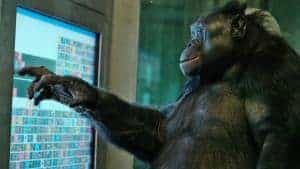
We’ve come a long way since the days of Project Nim and the horrific medical testing conducted on chimpanzees that was documented in Primate. Unlocking the Cage follows a non-human rights lawyer as he tries to change U.S. legislation to protect highly sentient animals, like chimpanzees and dolphins. We also visit chimpanzee sanctuaries across the U.S. and learn about chimpanzees’ general and emotional intelligence. The complex legal case is rendered understandable so that we can become as impassioned about the fight as the film’s subject.
Read our interview with directors Hegedus and Pennebaker from Sundance.
4. No Home Movie* (dir. Chantal Akerman)
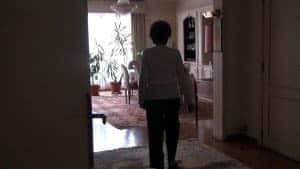
Chantal Akerman’s final film premiered at Locarno last year just before she committed suicide. It’s a heartbreaking personal essay about her compassionate mother. It’s also a meditation on Akerman’s Jewish identity and the meaning of “home”. As the Holocaust took almost all of her family, will Akerman be completely unmoored once her mother passes?
Read our review from TIFF.
5. All These Sleepless Nights (Michał Marczak)
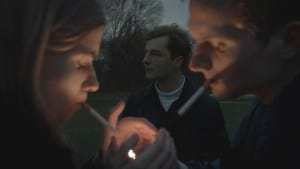
This fly-on-the-wall documentary gives an inside look at the lives of twentysomethings in post-communist Warsaw. Michał Marczak’s nonlinear, narrative nonfiction stories show us a new generation of Polish youth living with reckless abandon. It was one of our favourites at Sundance.
Read our review from Sundance.
Narrative features to see at the 2016 San Francisco Film Festival (SFIFF)
1. The Fits* (Anna Rose Holmer)
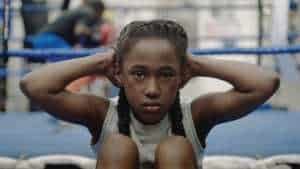
Anna Rose Holmer’s directorial debut, The Fits, is a singular coming-of-age story. Told almost entirely through movement and dance, it’s the story of Toni (Royalty Hightower), a lonesome tomboy on the cusp of puberty. She comes into her own when she joins the school dance team. Beautifully shot with formal discipline and an evocative, subjective soundscape, this is a must-see on the big screen. Holmer will be at the festival. I guarantee you’ll want to hear her talk about the film in the Q&A.
Read our interview with Holmer from Sundance.
2. The Demons (Philippe Lesage)

Québécois filmmaker Philippe Lesage’s first narrative feature, after years as a documentarian, is a bold and utterly original work. A coming-of-age story set in the 1980s, it’s about the fragility of childhood, the dangers of innocence, and the pleasures of not quite fitting into the adult world. One of Canada’s finest films of 2015, it was selected as one of Canada’s Top Ten films of the year. You’ll want to see this gorgeous work on the big screen.
Read our interview with Lesage and about the film’s selection for Canada’s Top Ten.
3. Love and Friendship (Whit Stillman)

Whit Stillman’s adaptation of Jane Austen’s juvenilia text is pitch-perfect. It’s a hilarious and wicked comedy of manners, full of clever zingers, as well as visual and physical wit. Kate Beckinsale couldn’t have been better cast as a widow who depends on the kindness of strangers. But that doesn’t stop her from causing trouble or making fun of them. She’s calculating, wicked, sexy, and smart — but charming enough to get away with it.
4. Chevalier* (Athina Tsangari)

Athina Tsangari’s black comedy about the fragility and absurdity of masculinity finds a group of men on a yacht who compete for who is “the best” at everything. They compete not just over card games but whom among them is “the best”, in every category of life — from physical and intellectual feats to something as mundane as how they eat. Tsangari brings the subtext in so many male relationships into text: they’re constantly judging each other for every misstep, every moment of cowardice, and every display of virility. Hilarious and offbeat, this may be the only chance to catch Chevalier in a proper cinema with a full audience the way comedies are meant to be seen; it has distribution but isn’t likely to stick around San Francisco for more than a week come June.
5. The Innocents* (Anne Fontaine)
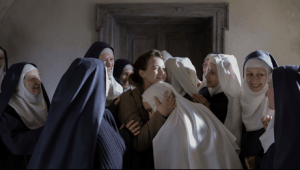
Come for Lou de Laâge in gorgeous 1940s hairdos and wartime clothing; stay for the complex moral drama about a group of nuns whose lives are governed by patriarchy, shame, and denial. Lou de Laâge plays Mathilde, a French Red Cross worker stationed in post-war 1945 Poland, where she’s summoned by a local nun to help deliver another nun’s baby. It becomes clear that many nuns are pregnant — the result of unimaginable wartime trauma in a place that seems, from the tall trees of the surrounding forest and the untouched white snow of its surroundings, protected from the outside world. Although the church itself denies the reality of what has happened, Mathilde finds a great well of compassion amongst the sisters, who are desperately looking for absolution. It’s a quiet, moving film about the toxicity of maintaining appearances and the necessity of doing so for survival.
